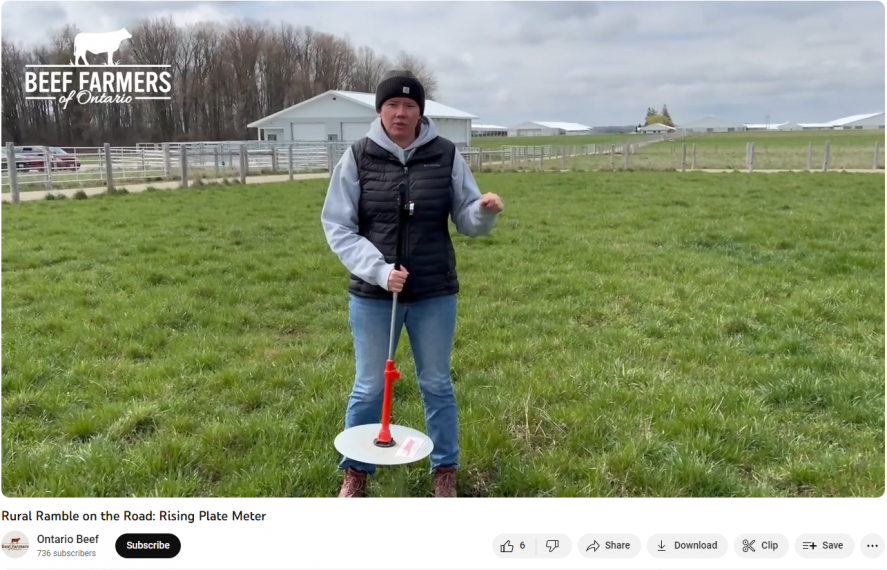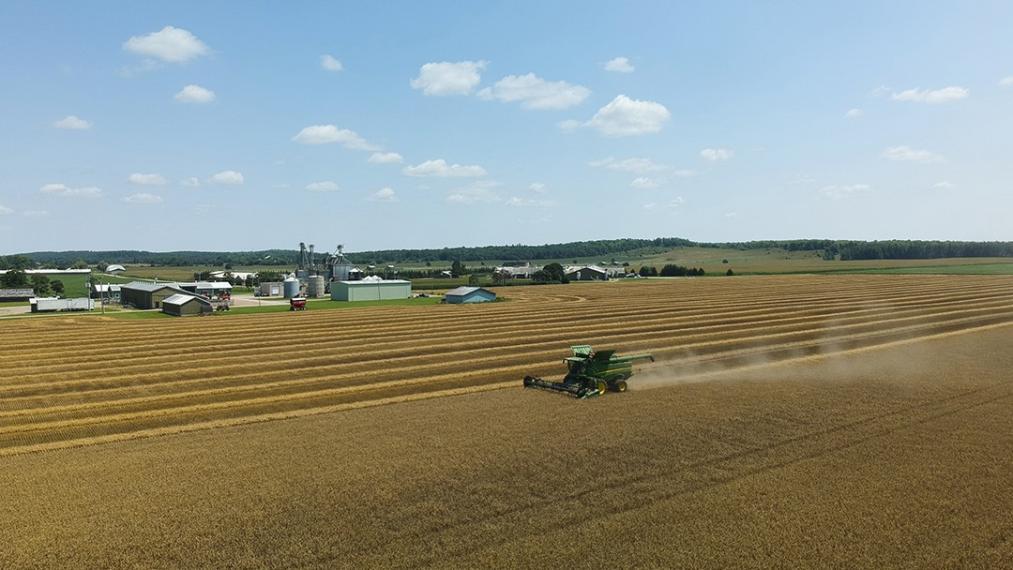
Pasture study the focus of Beef Farmers of Ontario video
U of G master's student Courtney Higgins shared her pasture research with BFO's Jaclyn Horenberg at the Ontario Beef Research Centre as part of the organization's Rural Ramble on the Road series.

